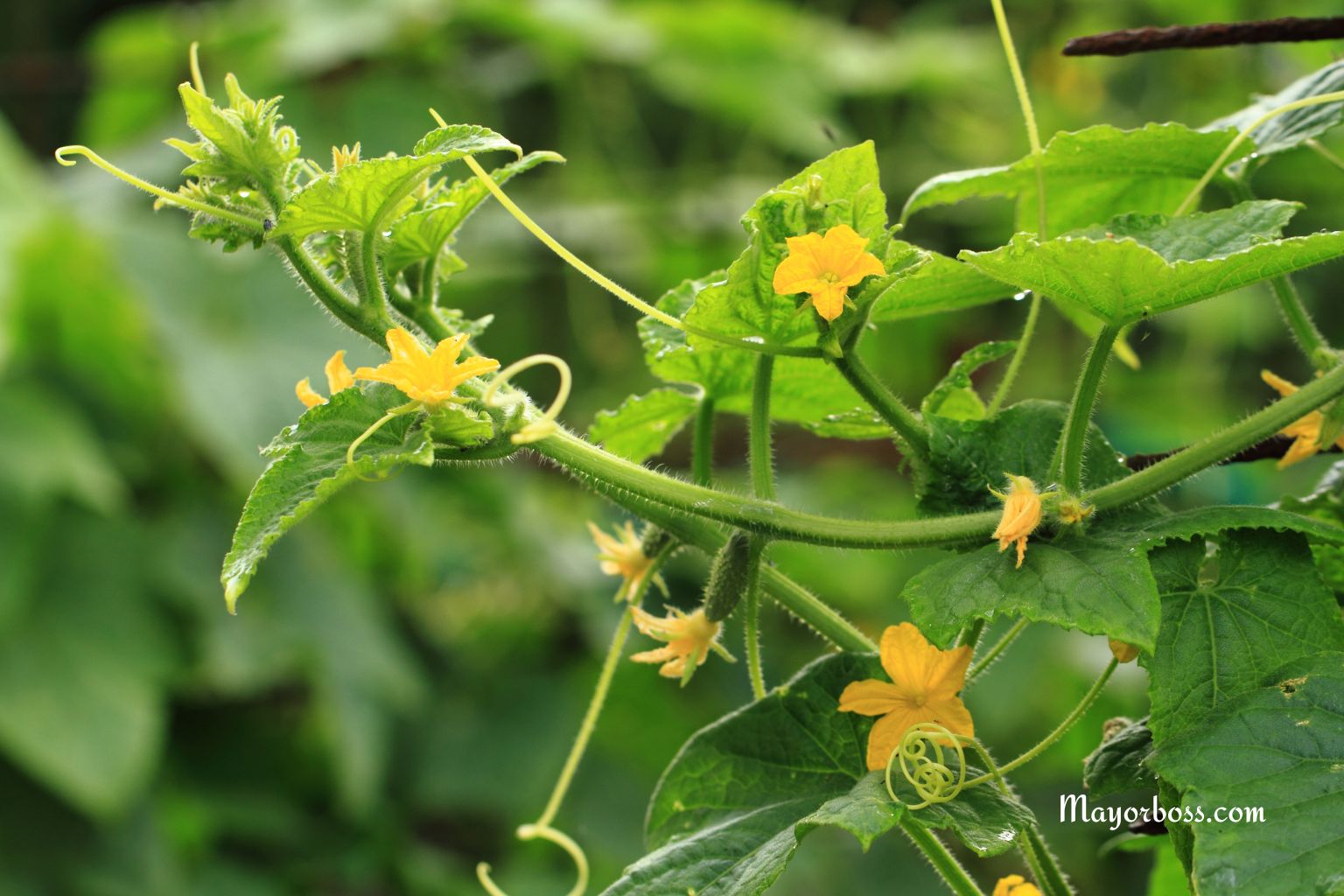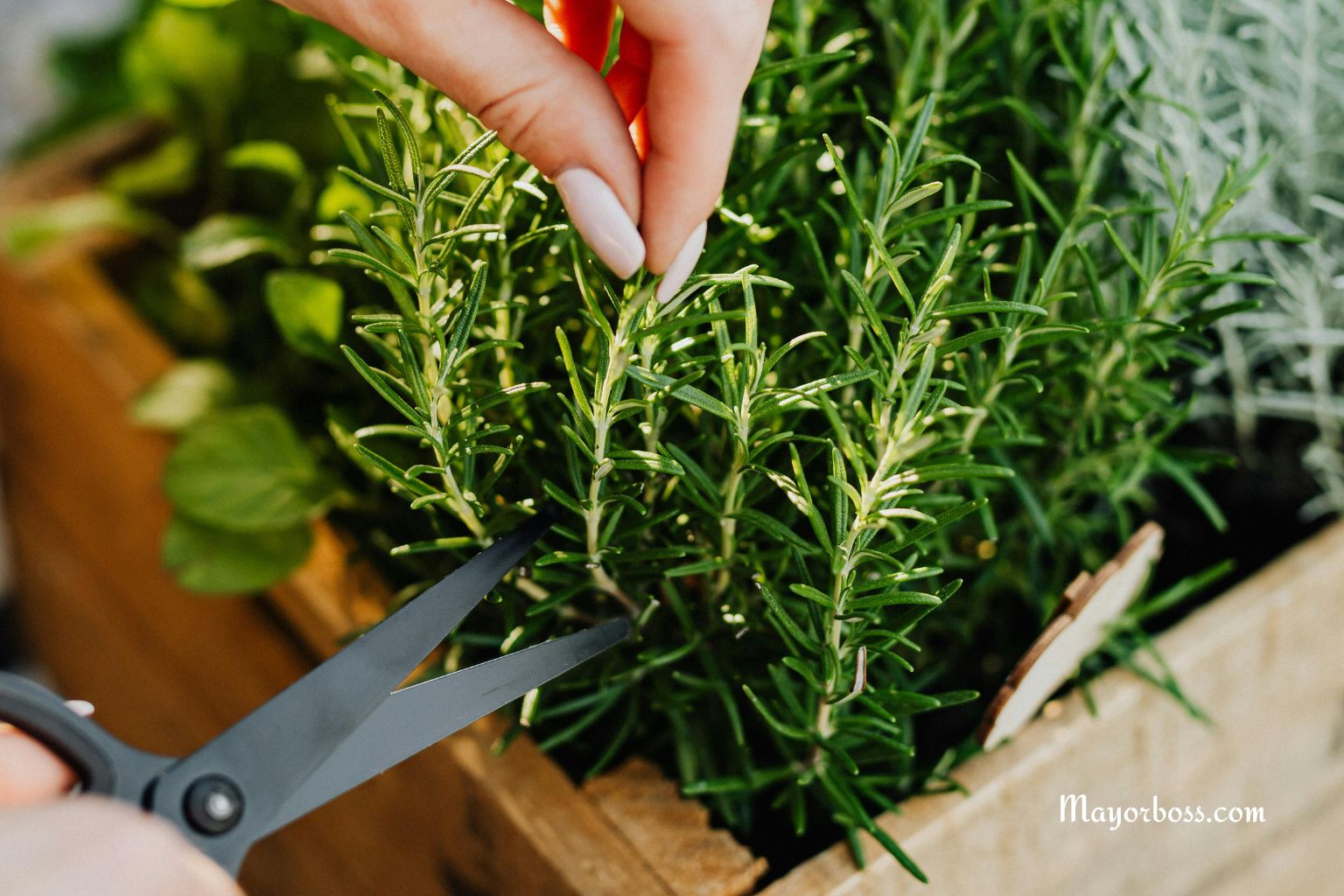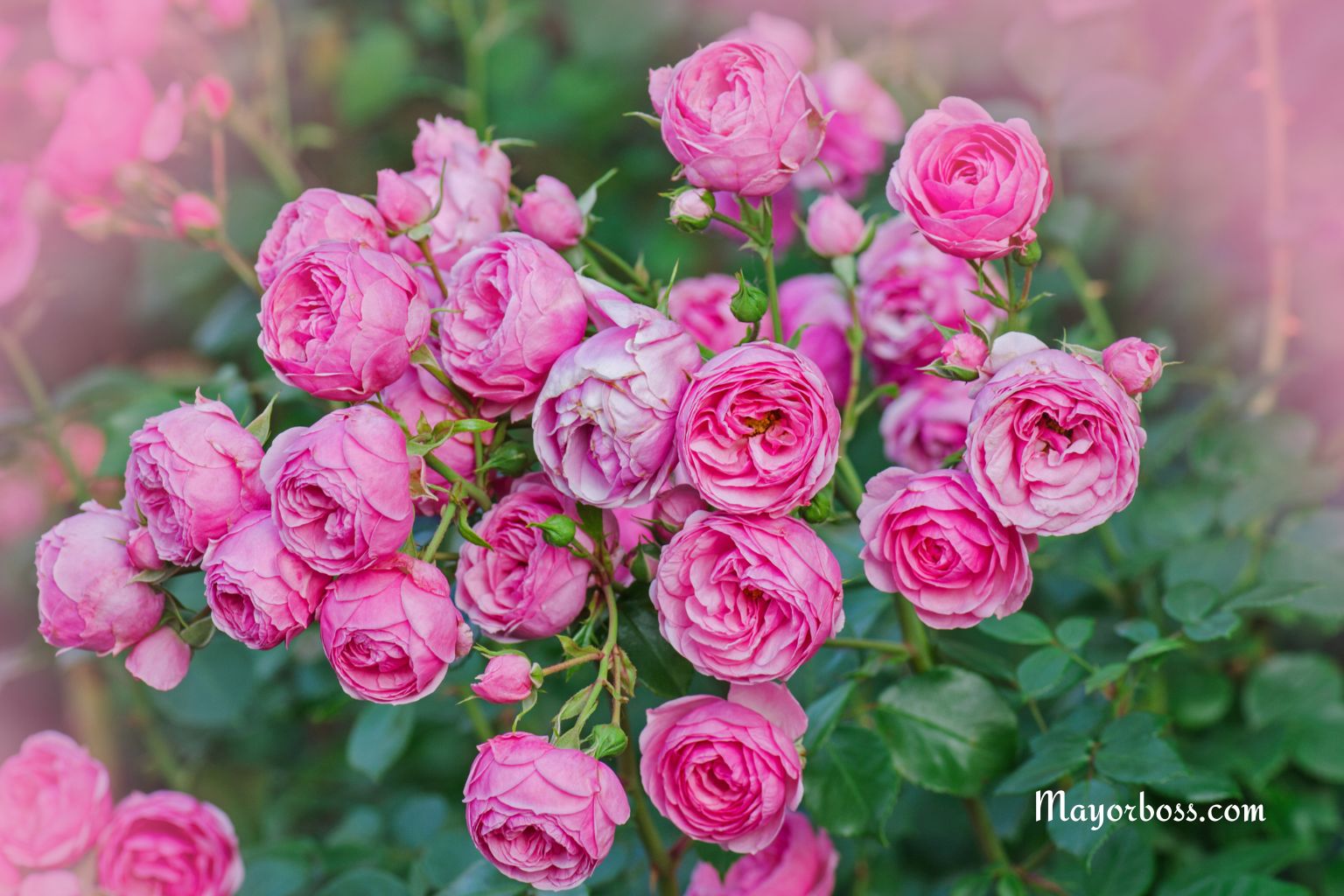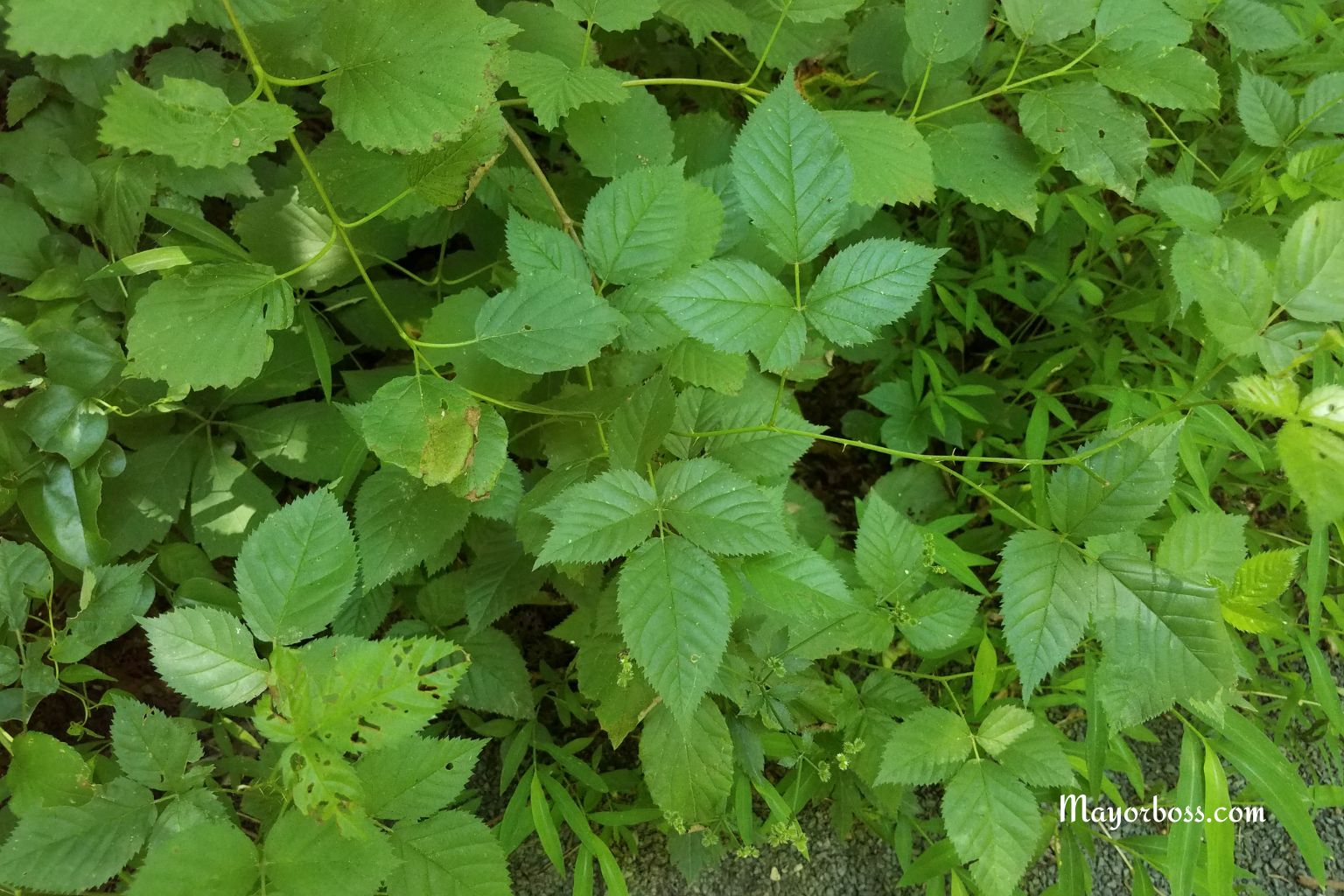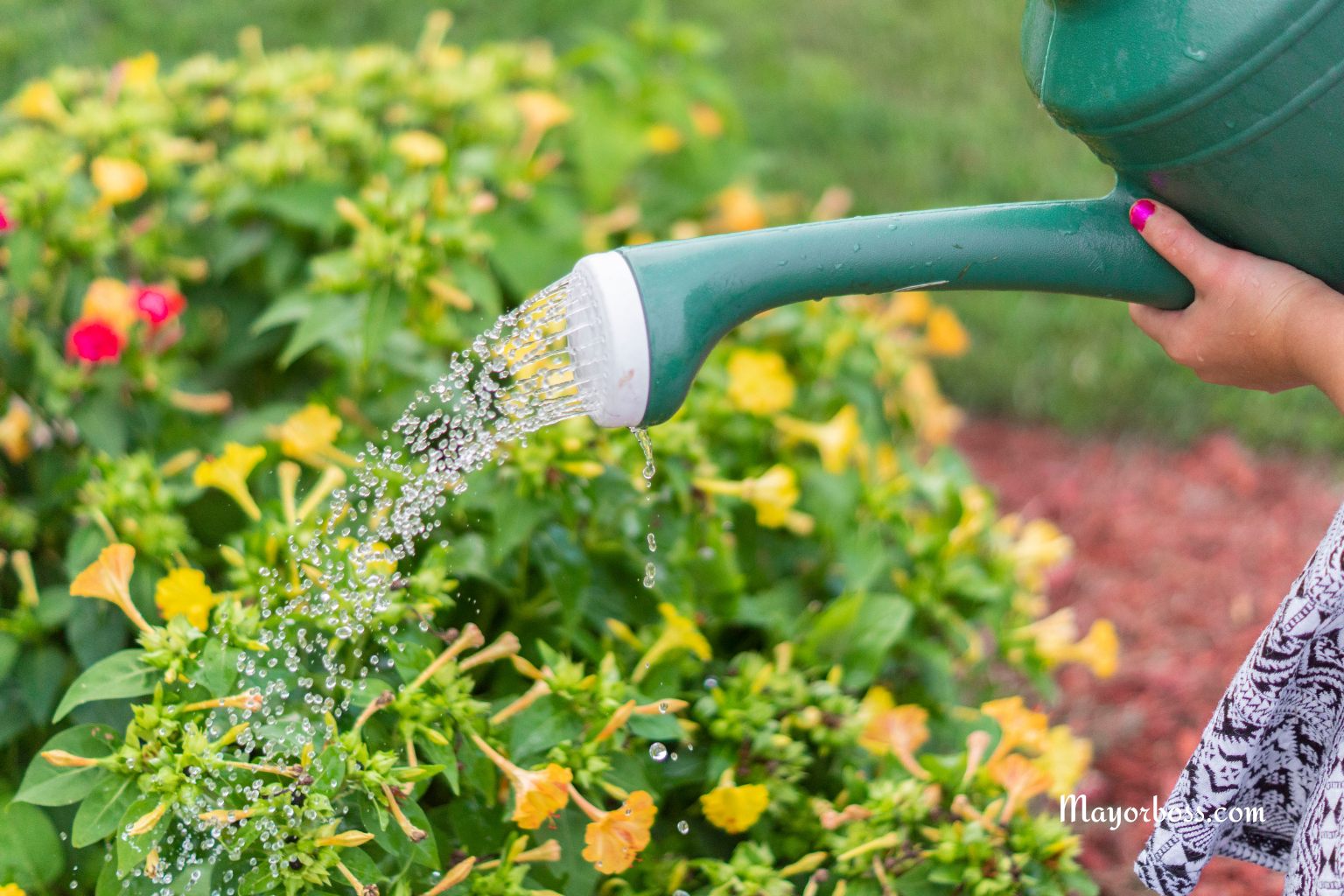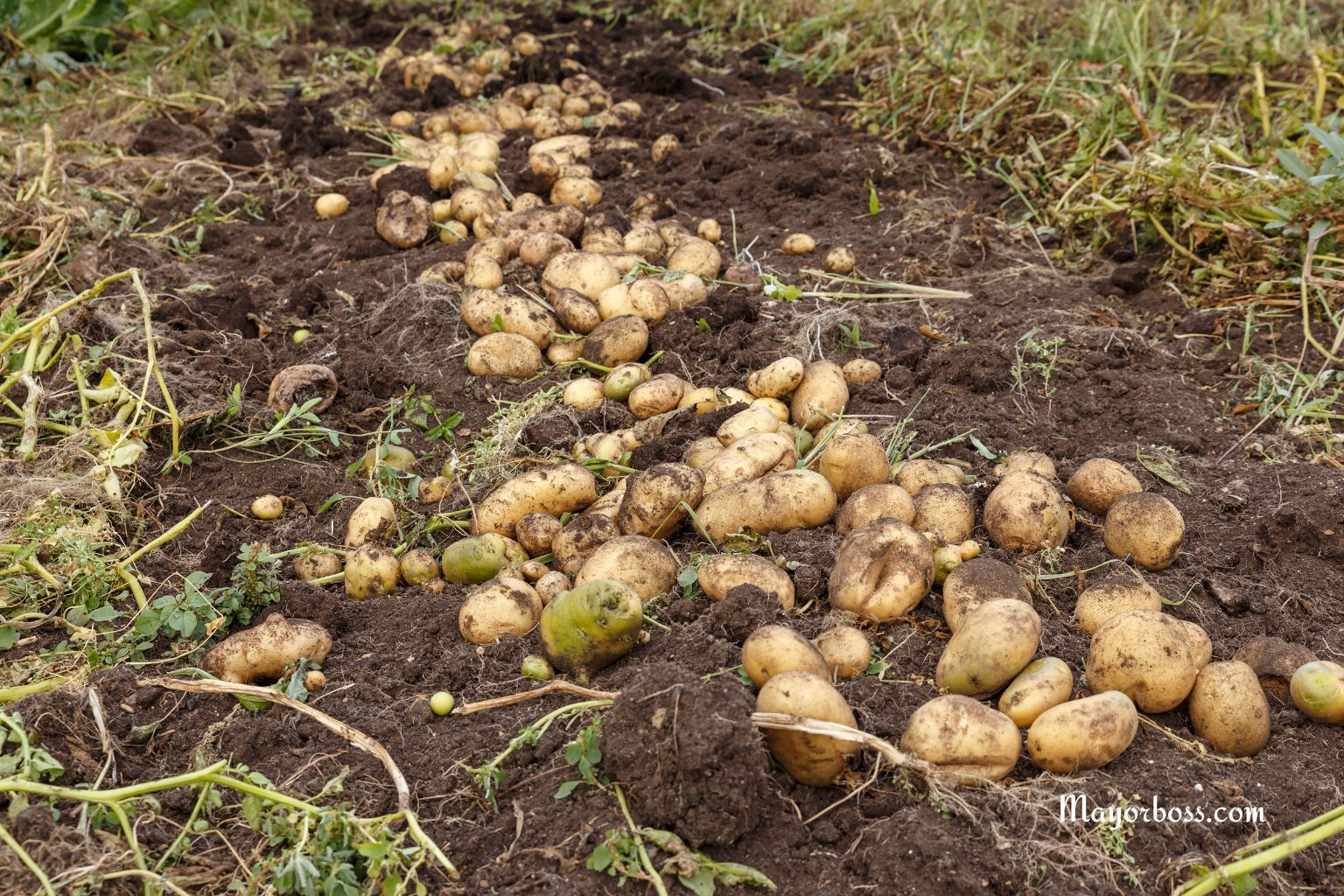Stop Overwatering These 7 Vegetables. It Will Ruin Your Harvest
Overwatering certain vegetables can damage their roots, lead to disease, and ruin your harvest. The most sensitive vegetables include tomatoes, peppers, cucumbers, beans, squash, onions, and carrots.
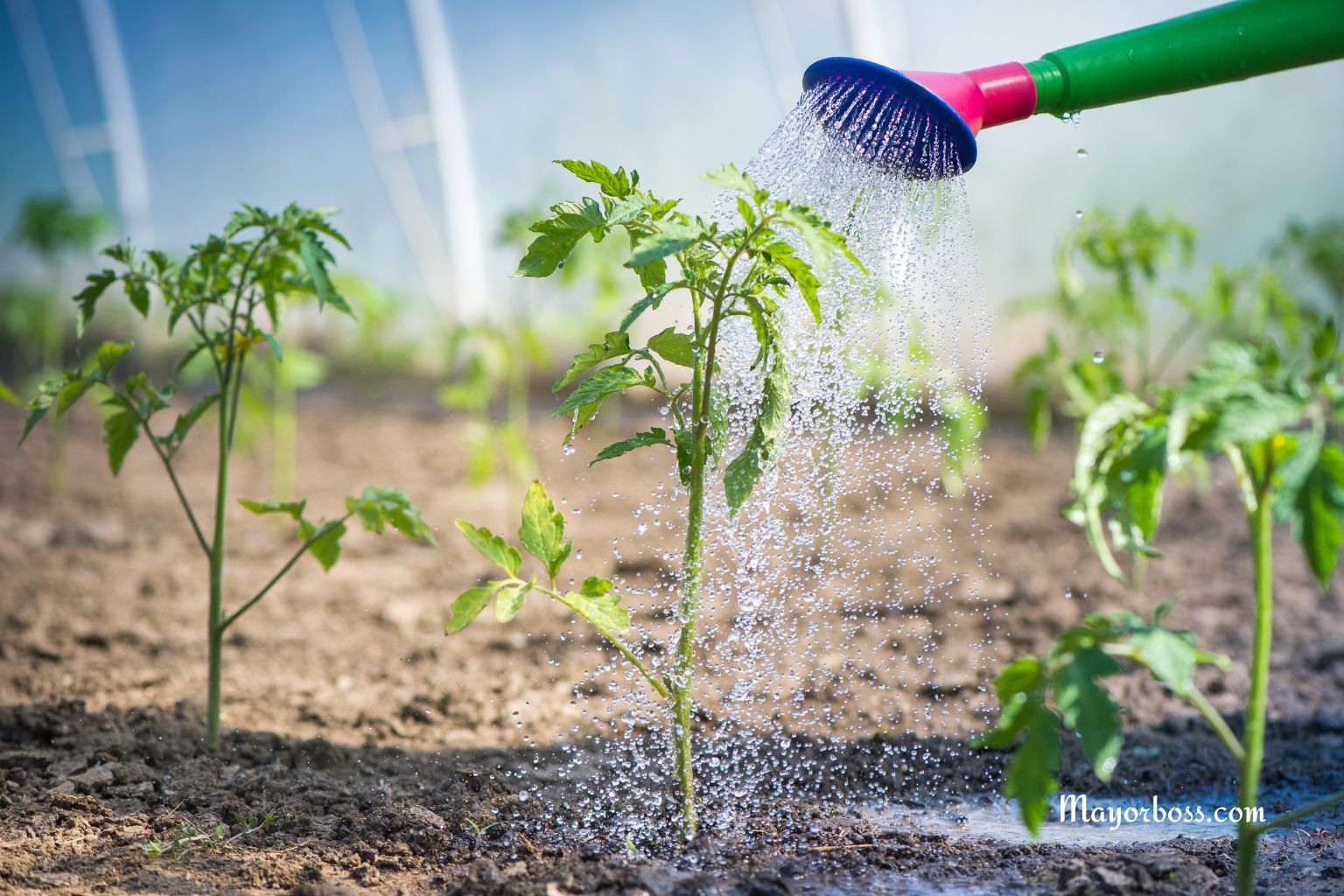
When you care about your vegetable garden, it’s natural to worry about keeping your plants hydrated, especially during hot weather. Many gardeners, however, go overboard and water too often. The truth is, overwatering does more harm than good.
Too much water fills the soil’s air pockets, suffocating plant roots. Roots need oxygen to stay healthy and support growth. If they can’t breathe, they become weak and may rot. Waterlogged soil also invites diseases and fungus, which can wipe out an entire harvest.
How to Tell If You’re Overwatering
According to expert gardeners, if you notice these problems, it’s time to change your watering routine.1
- Leaves turn yellow or wilt, even when the soil feels wet.
- Roots look brown, mushy, or smell sour when you pull up a plant.
- Soil stays soggy long after watering.
- Mold or algae form on the soil surface.
Vegetables You Should Never Overwater
1. Tomatoes
Tomatoes love consistent moisture, but not soggy soil. Overwatering causes their roots to rot and increases the risk of diseases like blight. Fruits may split or lose flavor. Water deeply, but only when the top inch of soil is dry.
2. Peppers
Peppers prefer soil that dries out slightly between waterings. Their roots are sensitive to excess water, which leads to yellowing leaves and stunted growth. Give peppers a good soak, then let the soil dry before watering again.
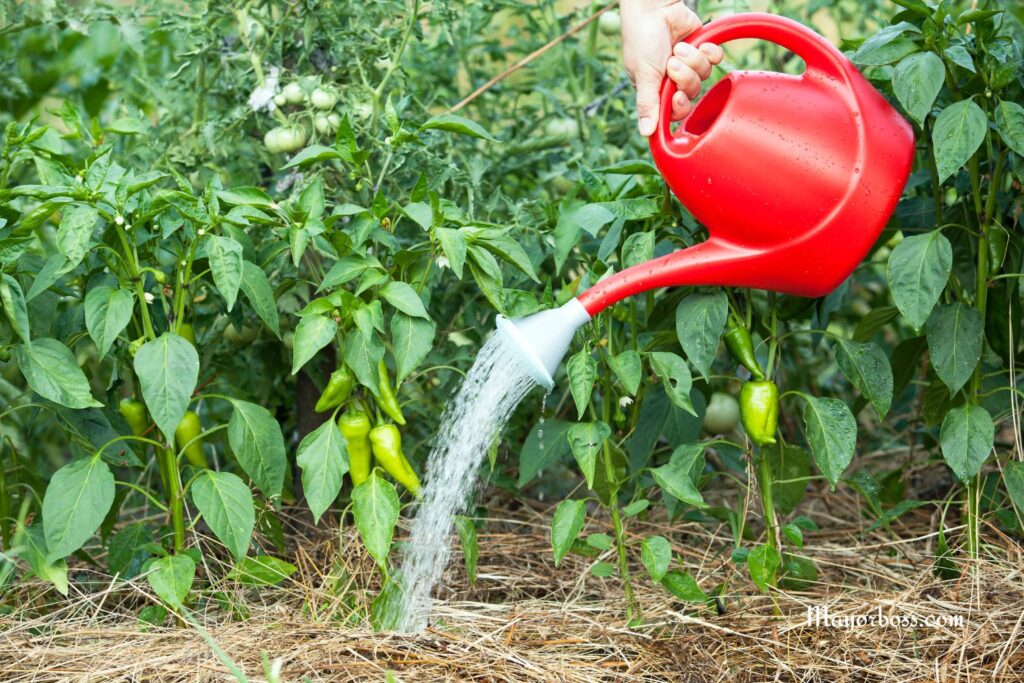
3. Cucumbers
Cucumbers need steady moisture to grow crisp and juicy, but waterlogged soil makes their roots rot and their leaves wilt. Overwatering also attracts pests. Check that the top few inches of soil are dry before adding more water.
4. Beans
Beans, both bush and pole types, dislike wet feet. Soggy soil encourages root rot and fungal diseases. Make sure your bean patch drains well and water only when the soil feels dry at your finger’s depth.
5. Squash (Including Zucchini)
Squash plants are quick to droop if thirsty, but they recover fast after a light watering. Consistent overwatering leads to yellow leaves and root problems. Water at the base, and keep the soil lightly moist, not soaked.
6. Onions
Onion bulbs need room to breathe. Wet soil suffocates them and causes the bulbs to rot. Let the soil dry out a bit between waterings, especially as the bulbs start to swell.
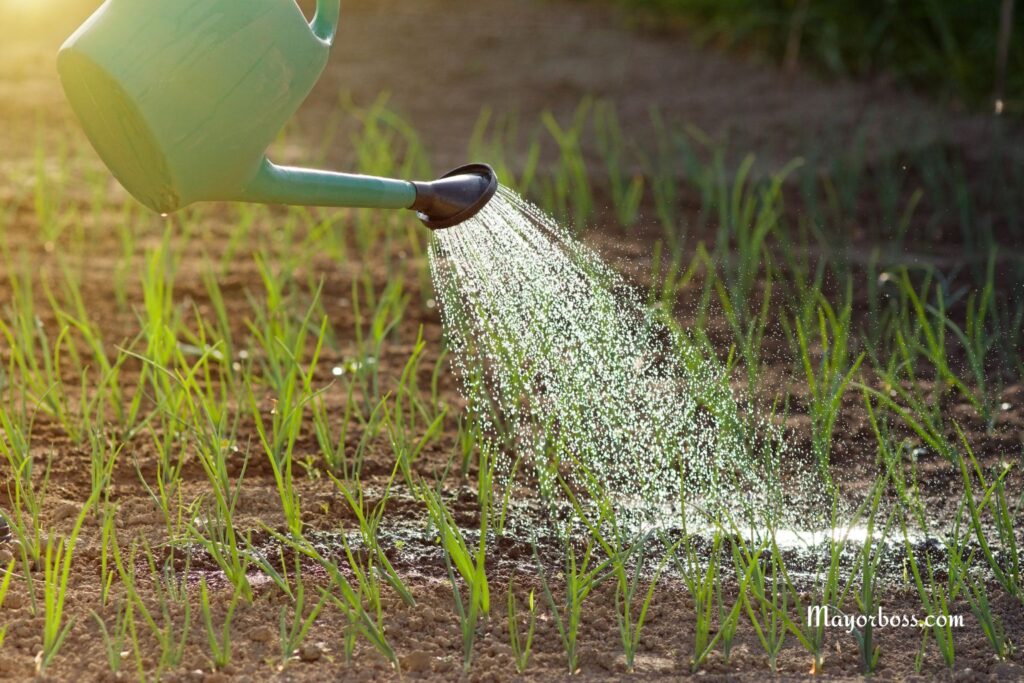
7. Carrots
Carrots like deep, occasional watering, not daily showers. Too much water makes the roots split or become soft and tasteless. After seedlings are established, wait until the soil feels dry two inches down before watering again.
How Much Water Do Vegetables Really Need?
Every garden is unique. Climate, soil type, and plant size all play a role. As a rule, most vegetables need about one inch of water per week, including rain. In sandy soils, you may need to water more often, but still allow the surface to dry out between waterings.
Early mornings are the best time to water. This gives plants time to absorb moisture before the heat of the day and reduces the risk of fungal growth.
Tips for Watering Wisely
- Test the soil: Stick your finger an inch or two into the soil. If it feels dry, it’s time to water.
- Mulch: Add a layer of mulch around plants to help retain moisture and reduce the need for frequent watering.
- Water deeply: Aim for deep, infrequent watering to encourage strong root growth.
- Check the weather: Skip watering if rain is expected soon.
- Improve drainage: If your soil holds water, add compost or sand to improve drainage and protect roots.
Watering your vegetable garden is a balance. Too little, and plants wilt. Too much, and roots suffocate or rot. If you remember that plant roots need both water and air, you’ll avoid many of the most common garden mistakes.
Frequently Asked Questions
1. What are the first signs of overwatering vegetables?
Look for yellowing leaves, wilting despite wet soil, and roots that appear brown or mushy.
2. Should I water my garden every day in summer?
No. Most vegetables do better with deep watering a few times a week. Daily watering can lead to shallow roots and disease.
3. How can I check if my garden soil is too wet?
Push your finger into the soil. If it feels wet an inch below the surface, hold off on watering.
4. Can overwatering kill vegetable plants?
Yes, persistent overwatering causes root rot and can kill even strong, healthy plants.
5. Does mulching help prevent overwatering?
Mulch helps soil retain moisture, so you can water less often and avoid both over- and under-watering.

